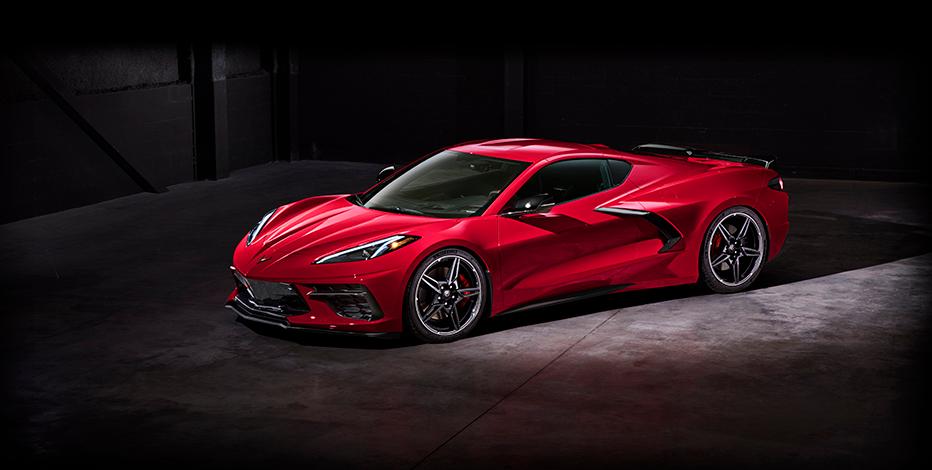GM strike could point to declining power of unions due to corruption, other factors
The United Auto Workers' ongoing strike against General Motors points to the declining power of unions due to corrupt leadership and other factors, researcher Rachel Greszler of The Heritage Foundation told FOX Business.
"You want to make the workers feel like you're doing something for them. One strategy is to say you're not getting the pay you should," Greszler, an economic research fellow, said. "When the UAW pulls this strong-arm move ... people lose their jobs."
The UAW is engaged in hardball negotiations with GM after roughly 49,000 of its members went on strike in mid-September. The UAW is demanding a bigger share of profits for workers plus better pathways to full-time positions for temporary workers, saying that the employees sacrificed for GM during the Great Recession a decade ago.
That logic is backward, according to Greszler. The arrival of foreign automakers coupled with union workers' demands led to the "downfall" of the Big Three automakers -- GM, Ford and Fiat Chrysler -- she said.
"They drove compensation so high, they couldn't be competitive anymore, particularly on the pension side. That left a lasting impact that will be with automakers for decades," Greszler said.
Former McDonald's USA President Ed Rensi echoed Greszler's claims in a FOX Business op-ed on Tuesday.
"Over the last four decades [GM workers have] seen dozens of auto plants close, and tens of thousands of autoworkers lose their jobs, as the unions' demands for high labor costs and byzantine work rules hobbled the company," Rensi wrote.
| Ticker | Security | Last | Change | Change % |
|---|---|---|---|---|
| GM | GENERAL MOTORS CO. | 84.24 | +0.94 | +1.13% |
| FCAU | NO DATA AVAILABLE | - | - | - |
| F | FORD MOTOR CO. | 13.80 | +0.08 | +0.58% |
Unions are seeing declining membership amid record-low unemployment, dues tallying as much as $1,000 a year and corrupt leadership, which is found in the ranks of the UAW itself, Greszler said. For example, two former UAW bigwigs are cooperating with a federal investigation into union President Gary Jones for embezzlement, The Detroit News reported Thursday.
"I don't think the UAW is unique in having embezzlement, fraud and corruption in the union. It's inherent to unions because of the special privileges that have been granted to them," Greszler said.
Those special privileges include what Greszler characterizes as a "government-granted monopoly" for unions to exclusively represent workers, as well as the powers unions have in states that have not enacted "right to work" laws.
That monopoly factor actually separates union leadership's goals from those of actual union members, resulting in reports of officials using member dues on items including expensive liquor and golf clothes, like Jones is accused of doing.
Many non-unionized workers aren't interested in unionizing for reasons that may not be immediately apparent, Greszler said. Unions give themselves the power to turn down higher pay meant to reward extra productive workers, something that can upset the balance between junior and senior workers.
GET FOX BUSINESS ON THE GO BY CLICKING HERE
United Food and Commercial Workers Local 23 took Giant Eagle grocery in Edinboro, Pennsylvania, to court after management boosted the wages of two dozen high-performing employees above their union rates.




















